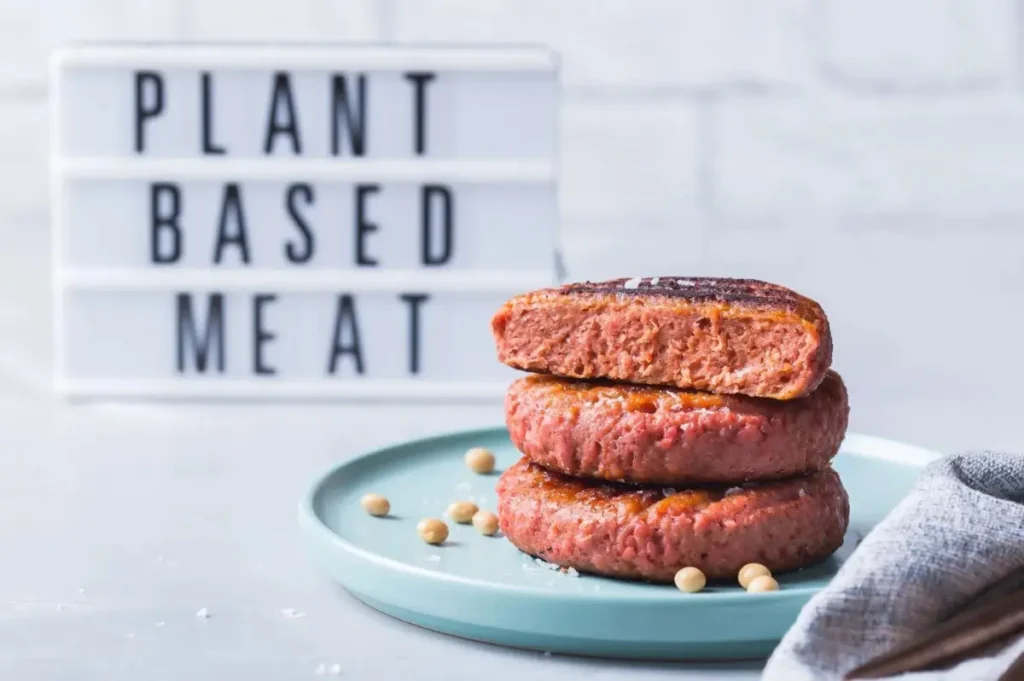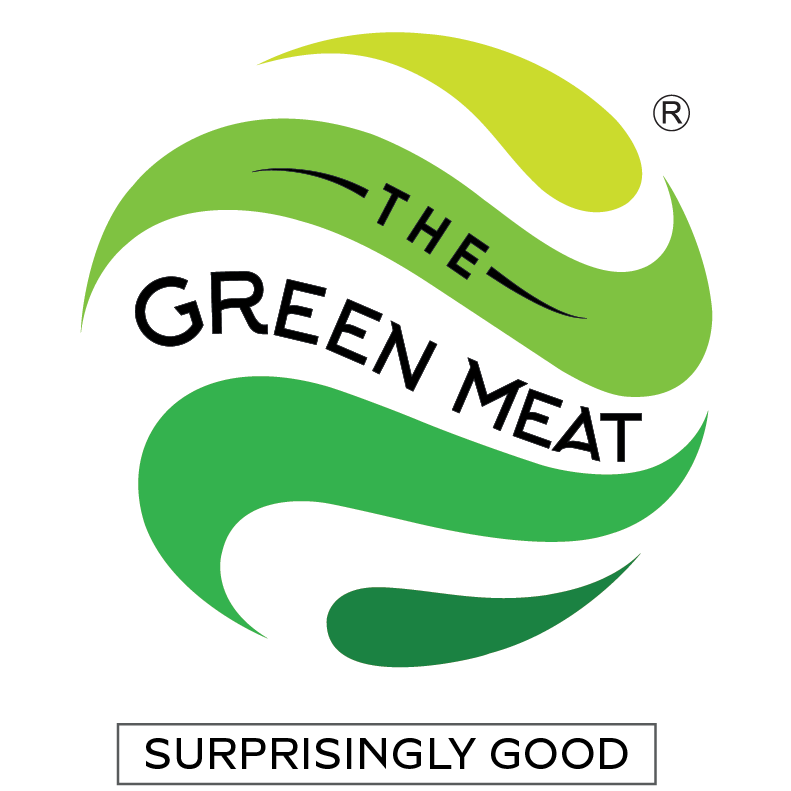Fats are usually associated with either weight gain or heart complications, yet, not all fats are bad. The key to keeping up the energy, metabolism and health overall is in our experience to understand the various types of fats and use the right ones in moderation in our daily meals. This guide to healthy fats on plant-based diet helps beginners to identify the best plant-based sources of healthy fats and make an informed choice for making a balanced diet.
Understanding Healthy Fats vs. Unhealthy Fats (Know Your Enemy and Ally)
Dietary fats are not all the same, therefore it is important to know which fats are beneficial and which to limit can have a significant impact on heart health, cholesterol levels, and long-term well-being.
Unsaturated Fats: The "ExcellentGood" Fats
Often called “good fats”, unsaturated fats:
- Help reduce bad cholesterol (LDL).
- Support weight management and metabolism.
- Improve heart and digestive health.
Common sources include:
- Monounsaturated fats (MUFAs): avocado, almonds, cashews, olive oil.
- Polyunsaturated fats (PUFAs): walnuts, flax seeds.
It is important to include these fats in your daily meal so that beginners can enjoy energy and at the same time not jeopardize the health.
Saturated Fats: The Good to Keep an Eye on.
The saturated fats have the potential to raise the levels of dangerous cholesterol and cause cardiovascular risks. Although animal meat is generally low in saturated fats, some plant-based meat is lower.
Sources to avoid: palm oil, processed baked goods.
Eat in moderation- these fats are permissible in a diet however, they should not be the main constituent of your meal.
Trans Fats the Fats to avoid at all Costs
Trans fats are expected to elevate bad cholesterol and reduce the good cholesterol, which leads to the risk of heart attack, stroke, obesity, and type 2 diabetes. Animal based meats naturally contain small amounts of trans fats, but the risk of trans fats is much higher with processed animal meats.
Common sources: processed animal meat based snacks, some packaged baked goods.
Trans fats should be avoided when having a healthy plant-based lifestyle.
Plant-Based Meat Alternatives: A Modern Source of Nutrients
Plant-based meats offer a convenient way to enjoy protein while keeping saturated fat low and adding essential nutrients. Understanding about the guide to healthy fats on plant-based diet explains how to include the right oils and nuts for better energy and heart health.
What is Plant-Based Meat?
Plant-based meat refers to a type of food that is manufactured using plants and it looks, cooks and tastes like actual meat. The usual ones are soy, peas, wheat, and mushrooms. It is developed to contain equal portion of protein and other nutrients such as meat but with a reduced fat content and zero cholesterol.
- Made from legumes, grains, and may contain plant based oils
- Vegetarian-friendly, protein-rich, and flavourful
- Contains dietary fibres
- Contains antioxidants, vitamins, and minerals
- Uses high moisture extrusion technology or other custom thermos-mechanical processing technologies to replicate meat texture
What Ingredients Do Plant-Based Meats Contain?
Legumes (soy, peas, lentils): High-quality protein for muscle and energy
Oils (coconut, canola, sunflower): Provide healthy fats and enhance texture
Beetroot juice/carrot juice/other plant extracts: Give natural color
Wheat gluten: Creates a chewy, meat-like texture
Often fortified with iron, B12, and zinc to match or exceed nutrients found in animal meat
Nutritional Advantages over Traditional Meat
With comparable protein content as animal meat, plant based meats are rich in dietary fiber, something that is absent in animal meat. Plant based meats generally contain relatively lesser saturated fats. They also contain several essential micronutrients such as vitamins and minerals for overall health.
Best Plant-Based Diet Foods for Healthy Fats (Greenmeat Products)
Greenmeat offers convenient, beginner-friendly options that make incorporating healthy fats simple:
Plant based Curry Cuts – Easy to Cook: Low in fat, low in saturated fat, zero cholesterol, zero transfat, high protein, high fibre, antioxidant-rich, easy to prepare
Vegetarian Tikka – Ready to Eat: Protein-rich, fiber rich, perfect for busy meals as it quick to prepare (heat & eat)
vegetarian Keema – Ready to Eat: Versatile for wraps, parathas, or side dishes.
Vegetarian Chilly Roast – Instant: Convenient, flavourful, protein rich, fibre rich, supports sustainable eating
Chilly Roast – Ready to Eat: Flavourful and quick to prepare (heat & eat)
Pepper Roast – Instant: Convenient, delicious, protein rich, fibre rich, sustainable meat alternative
Pepper Roast – Ready to Eat: Delicious and quick to prepare (heat & eat)
Veg Stew – Ready to Eat: Nutritious, mild, quick to prepare, sustainable choice
Using these options, beginners can enjoy meals that are both satisfying and nutritionally balanced. Our plant-based diet healthy fats guide makes it simple to choose foods that boost nutrition without extra saturated fat.
Practical Tips for Beginners Incorporating Healthy Fats
Begin with portion control as healthy fats have many calories. Eat to schedule the fats over the course of the day and not at once. Choose appropriate cooking oils-avocado oil to cook at high temperature and olive oil in a salad. Combine fats with vegetables to enhance the intake of nutrients. During shopping in the grocery store, read the labels, do not eat trans fats and buy basics such as nuts, seeds and unrefined oils.
Smart Ways to Integrate Seeds and Nuts Daily
Sprinkle chia seeds or flax seeds on porridge or smoothie bowls. Add walnuts, almonds, or cashews to salads. Use walnut oil or avocado oil in dressings for extra flavour and nutrition. The plant-based diet healthy fats guide shows easy ways to add avocado, seeds, and nuts to your daily routine.
Cooking Methods to Maximize Fat Stability and Absorption
Following some cooking methods helps to maximize fat stability and absorption. Use extra virgin olive oil (EVOO) for low-heat cooking or as a finishing oil and avoid overheating oils to preserve nutrients and maintain beneficial fats
Identifying and Limiting Hidden Fats in Packaged Foods
To identify and limiting the hidden facts in packaged foods, you need to read labels carefully and avoid hydrogenated oils and products with trans fats.
Add Greenmeat Products in Your Daily Diet
- Replace paneer or meat in recipes with Greenmeat Curry Cuts
- Include Vegetarian meat substitutes like Keema or Pepper Roast in everyday meals
- Use healthier cooking methods: shallow fry, sauté, or cook with minimal oil
These small adjustments can make plant-based eating simple and sustainable.
Conclusion: Eating Consciously for Personal Health and the Planet
A plant-based diet can definitely help to improve personal health and support environmental sustainability. By incorporating seasonal produce, reducing animal meat consumption, and using Greenmeat plant-based products, beginners can:
- Enjoy balanced fats for better health
- Support conscious and sustainable food choices
- Access simple, convenient meals without compromising nutrition
In our findings, combining these strategies helps maintain metabolism, lowers harmful fats, and promotes long-term health. Following this guide to healthy fats on plant-based diet can help you balance meals and improve overall wellness.
Start your plant-based journey today with Greenmeat’s products and enjoy healthy fats on a plant-based diet with taste, convenience, and sustainability.
Get in touch today or buy online to make your meals healthier and more sustainable.


